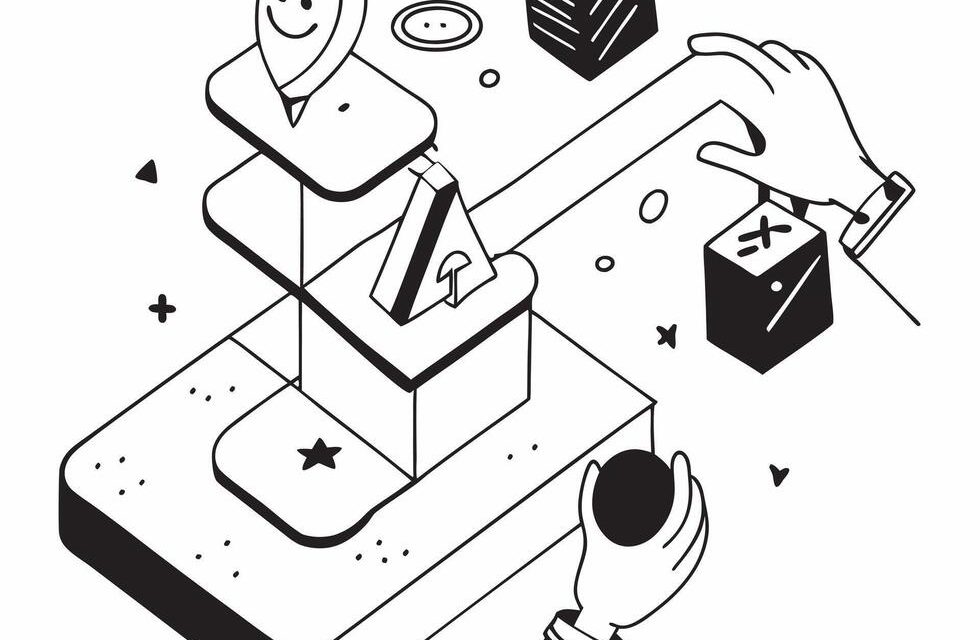In the fast-growing world of recycled plastics, one of the greatest challenges for both manufacturers and recyclers is quality consistency. Unlike virgin plastics, where properties are tightly controlled during production, recycled plastics can vary greatly in color, melt flow index, contamination level, and mechanical performance. This variability often leads to manufacturing inefficiencies, higher rejection rates, and unpredictable product quality — problems that can undermine confidence in sustainable materials.
Why Standardization Matters
For manufacturers, standardization in recycled plastics means predictability. When resin batches consistently meet agreed-upon specifications, production lines can run smoothly, reducing downtime and costly adjustments. It allows engineers to design products with confidence, knowing that the input material will perform reliably.
For recyclers, standardization builds trust. Consistent quality fosters stronger, long-term relationships with buyers and enables recyclers to command better prices. It also opens doors to higher-value applications, moving recycled plastics beyond low-grade uses and into advanced manufacturing sectors such as automotive, construction, and consumer goods.
Moreover, standardization supports broader industry goals. It enhances the credibility of recycling as a viable alternative to virgin plastics, helping to meet corporate sustainability targets and comply with evolving regulations. It also aligns with the push toward a circular economy, where materials retain their value over multiple lifecycles.
Challenges to Achieving Standardization
Despite its importance, standardizing recycled plastics is not without challenges. Variations in feedstock sources, contamination from mixed plastics, and differences in processing methods can all affect quality. Achieving uniformity requires rigorous sorting, cleaning, and processing protocols, along with clear communication of specifications between suppliers and end users.
How C-Square Polymer Leads in Quality Consistency
At C-Square Polymer, we understand that quality is the foundation of trust in the recycled plastics market. Based in the Dallas–Fort Worth area, we specialize in post-industrial plastic recycling with a focus on cutting, grinding, and pelletizing scrap plastics, particularly PVC and HDPE pipes.
Our process is built on meticulous material handling and advanced processing controls. By working closely with manufacturers, we ensure that each batch meets specific melt flow, particle size, and cleanliness standards. Our in-house quality control procedures verify consistency before material ever leaves our facility.
We also provide customized scrap inventory management services, helping clients optimize material recovery while minimizing waste. This tailored approach ensures that recycled pellets integrate seamlessly into production lines, reducing variability and improving overall operational efficiency.
The Bottom Line
Standardization in recycled plastics’ quality isn’t just a technical issue — it’s a business necessity. It builds trust, enhances efficiency, and strengthens the market for sustainable materials. With its commitment to consistent quality, C-Square Polymer is helping bridge the gap between recycling potential and manufacturing performance, enabling more companies to confidently choose recycled over virgin plastics.
When manufacturers and recyclers work together toward clear and consistent quality standards, they not only improve their bottom line but also contribute to a cleaner, more sustainable future.





